Around the dawn of the decade we saw World of Warcraft hit its last known peak subscriber count in the West. The release of many MMOs directly inspired by World of Warcraft such as Rift and Star Wars The Old Republic. The closure Warhammer Online, Wildstar and Asheron’s Call. The rise of the Korean MMO in the West, the most successful being Black Desert Online. Popular old MMOs have been re-released in the form of Old School Runescape and WoW: Classic. Final Fantasy 14 was released to an overly critical reception, closed, then re-released to become one of the most popular MMOs of the decade. Gaming as a whole seems to have taken a page from the MMO genre, shifting many games to a live service format. There’s also been a few small scale MMO-multiplayer hybrids like Destiny and Path of Exile.
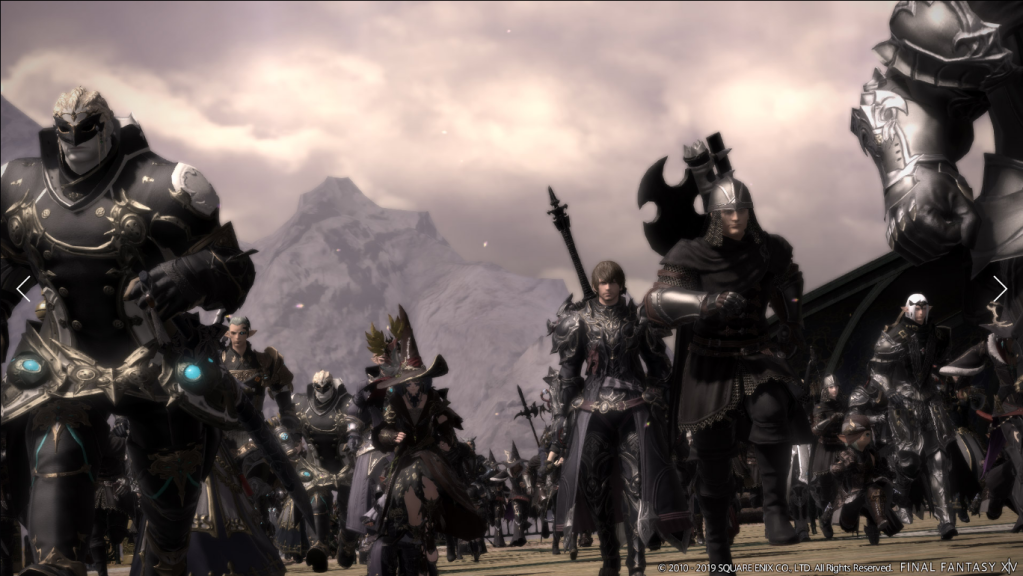
There’s been a push away from a tab-target system iconically seen in World of Warcraft. We’ve seen hybrids such as Guild Wars 2 and Wildstar, or even full action combat games like Black Desert Online. It’s a style of combat and targeting that seems to be fading away in favour of action orientated combat. Tab targeting worked so well because it helped accommodate for people with the slower internet speeds of the past, by allowing ability queueing, which essentially allowed you to register your next move with the server earlier so you could attack seamlessly without pause due to lag. While I have a soft spot for the tab-target style, I do wonder if it will go, or perhaps it already has, the way of the turn-based RPG during the next decade.
Monetisation has also changed with the introduction and evolution of the in-game real money shops. We’re seeing less forced subscriptions and more in-game stores. The Elder Scrolls Online triple dips with its buy to play base game and latest expansions, an optional subscription model to unlock most post-launch content except that most recent, and an extensive in-game store for cosmetics and powerful quality of life abilities. There’s also been a rise of pay-to-win MMOs, with some more blatant while others skim the border. I see ArcheAge often brought up as one of the most notorious, personally I played a bit of the beta but wasn’t interested enough to keep playing to see its pay to win status come to fruition. Meanwhile World of Warcraft scratches the surface with the ability to buy in-game gold, and while you cannot buy the best armour and weapons in the game, you could certainly pay for a group of players to take you through the content that provides them.
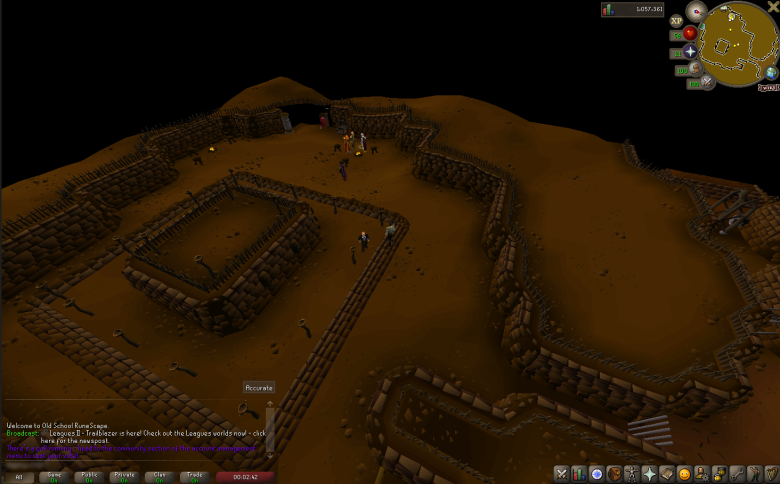
Levelling has surprisingly not conformed to a new original idea. Questing is still the dominant form of open world levelling gameplay in many of the new MMOs despite players constant voicing of disinterest in kill and fetch quests. It may simply be due to the nature of the game being set in an open world with other players. Guild Wars 2 broke the mould a bit, by filling the world with events that functioned as live multiplayer quests in every zone, but even breaking down how those events work it’s not much different.
There’s been growing interest in the sandbox genre, where the gameplay is dictated by the players, rather than an on-rails experience created by the developers that is sometimes referred to as a theme park MMO. The most recent relatively successful example of this has been Albion Online, where the world is player-owned and story comes in the form of warfare or alliances between players and the shifting of power. EverQuest Next was going to be a bigger sandbox project, but that was unfortunately scrapped in 2016.
Perhaps the biggest change of all has come from the outside. Fan sites and online guides have become so prevalent on the internet, the use of them has almost become expected. MMOs get theory-crafted to the point that developers struggle with ways to give players choice when it comes to combat abilities like talents because there’s always an option numerically better than the other. You might even get kicked from groups just because you haven’t augmented your gear in the right way, or maybe because you play a class that does a little less DPS. I think this meta chasing has also been spurred on by esports, particularly in the form of MOBAS like League of Legends where item builds need to be perfected to squeeze out every possible advantage against your opponent. Many have come to associate fun with being the best and that’s not unfair. I suppose it’s worth thinking about how much we’re losing out on by making optimisation the most desirable goal by eliminating player choice.
Games similar to World of Warcraft have popped up several times, otherwise known as WoW-clones. The most successful has probably been Final Fantasy 14, which has fortunately been able to forge out its own path by feeling quite different despite clearly borrowing many elements. Rift was often touted as the WoW-killer upon its release but now even its short-term future seems uncertain. In recent years we’ve seen less clones making their way to release, likely because studios are realising that copying the WoW formula doesn’t seem to be the path to success.
Three unforgettable closures occurred being Warhammer Online, Wildstar, and 1999’s Asheron’s Call. Wildstar, which was supposed to be a game for players who liked the classic version of World of Warcraft, fell flat. While gameplay and design decisions if often described as the reasons behind Wildstars failures, I think the theme and genre of wacky sci-fi had a much bigger impact where I struggled to find a way to get immersed and didn’t strike me as having mass-appeal the same way medieval fantasy or a harder sci-fi would. Warhammer Online is interesting because the Blizzard developers originally desired Warcraft to be a Warhammer game. It’s very possible that had that deal gone ahead, the MMO landscape could look very different today. Instead, Warhammer Online no longer exists in any official form. Asheron’s Call was also sad to see go, with many players from the earliest years having to face the reality that a game they spent a big part of their life playing would be forever gone – a fear I think every MMO player shares.
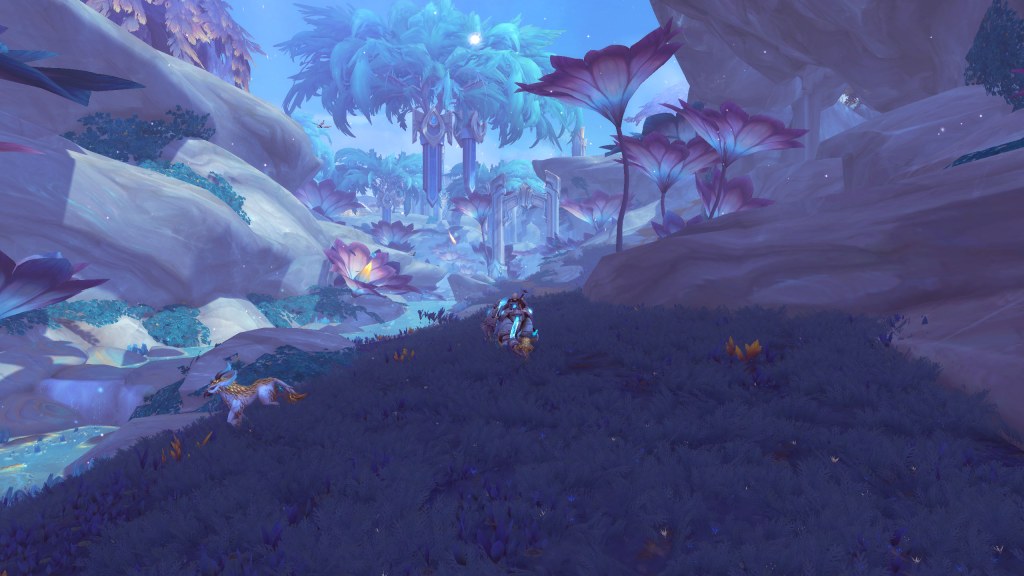
Most recently World of Warcraft redesigned their levelling system which retroactively sets it up to continue existing for another decade or more. With many failed attempts at dethroning World of Warcraft, its demise seems like it could only occur from within. The redesign to the levelling system gives the impression that this sets up its modernisation with no need to create a sequel.
Nostalgia sells. Developers has been re-releasing old games on new systems for decades and for the first time MMOs have started to do the same. Oldschool Runescape, a re-release of the 2007 version of the game has seen incredible success, pushing past the modern version of the game. World of Warcraft: Classic also released to success with many eager to see a WoW in its original state as most growth occurred after its time. Flying under the radar, Rift decided to give it a try but its server was shut down in 2019. There’s also been fan-releases of older MMOs via private servers that have seen some success, including Star Wars Galaxies.
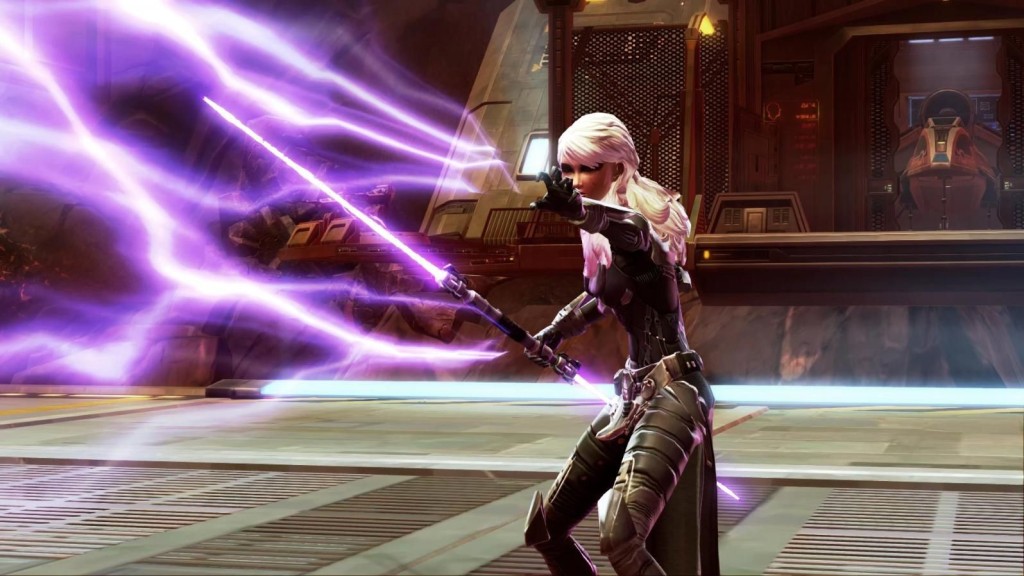
Interestingly there’s definitely been a lack of success in the genre of sci-fi. Wildstar was shutdown and The Old Republic never really took off as well as something carrying the Star Wars branding probably should have. The most successful seems to have been Destiny and its sequel, although Destiny plays more like a multiplayer game with some MMO design. It’s interesting because MMO’s so often take the form of a medieval fantasy, and when it comes to the fans of fiction, there’s often an overlap. What might have been the biggest could have been Blizzards cancelled Titan MMO that went on to be salvaged and restructured into the FPS team shooter Overwatch. There’s definitely a desire on my behalf for something larger and grittier, inspired by the likes of Starcraft and Warhammer 40k.
Two prominent games seem to skim the surface of what makes an MMO, being Destiny and Path of Exile. It’s often debated whether or not to call games such as these MMOs because of the word “Massively”. They’re certainly larger and more community driven than most other multiplayer games. Destiny has also been part of a rise in MMOs for consoles, along with Final Fantasy 14 for the PlayStation.
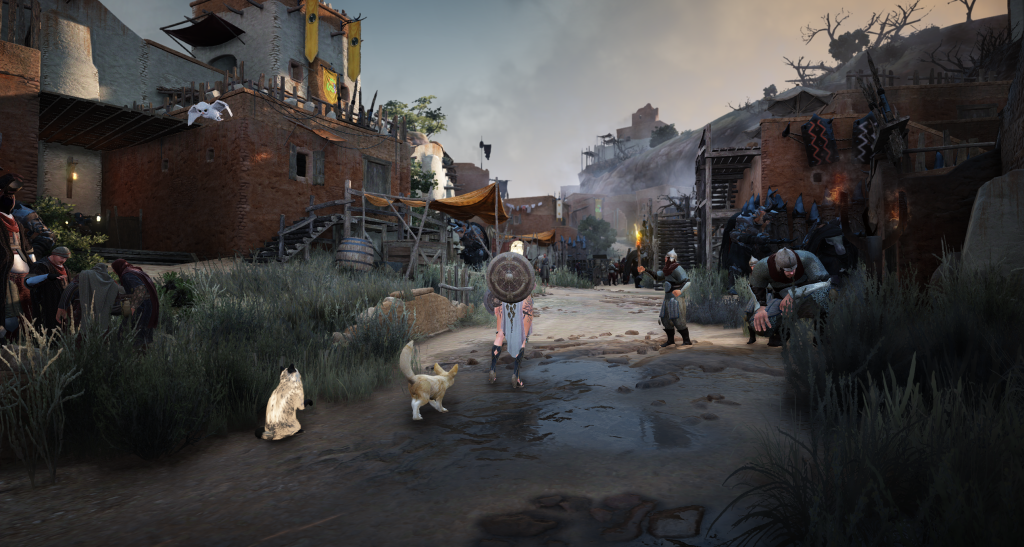
Korean developers have also shown themselves to be a powerful force for MMO development with success in Black Desert Online, TERA, Aion, and temporary success with ArcheAge. These games are often associated with some controversy, as they are fairly well known for their monetisation that borders or dives deep into pay-to-win territory. Despite this, Black Desert Online has continued to be successful because of its fully action-styled combat while also being the most graphically impressive MMO to date in a genre which often feels a decade or more behind.
Lastly, there’s also been a notable decline in big releases, with many of the biggest releasing early in the decade. I think a lot of these MMOs tried to attain World of Warcraft’s level of success but fell flat. From anecdotal experience i’m not sure if World of Warcraft players were ever attainable. It came during a time where online gaming was starting to boom and multiplayer games on this scope were new and interesting. I’ve also ran in to many players in World of Warcraft who don’t really play other MMOs, or even games. When I last did raiding several years ago, only one other member on my team of 20 played other games. Most of them were introduced to the game via friend or family and didn’t otherwise have an interest in the MMO genre. I know its anecdotal but the amount of players i’ve seen with similar backgrounds seem to be too abundant to be a coincidence.
The last decade as certainly been interesting, the landscape has evolved and its future seems to rest on the hands of several upcoming MMOs developed by small studio’s. Can Amazon make New World work? Or will it be Ashes of Creation? Or maybe we’re about to see the rise of small-scale MMO’s like Pantheon.
